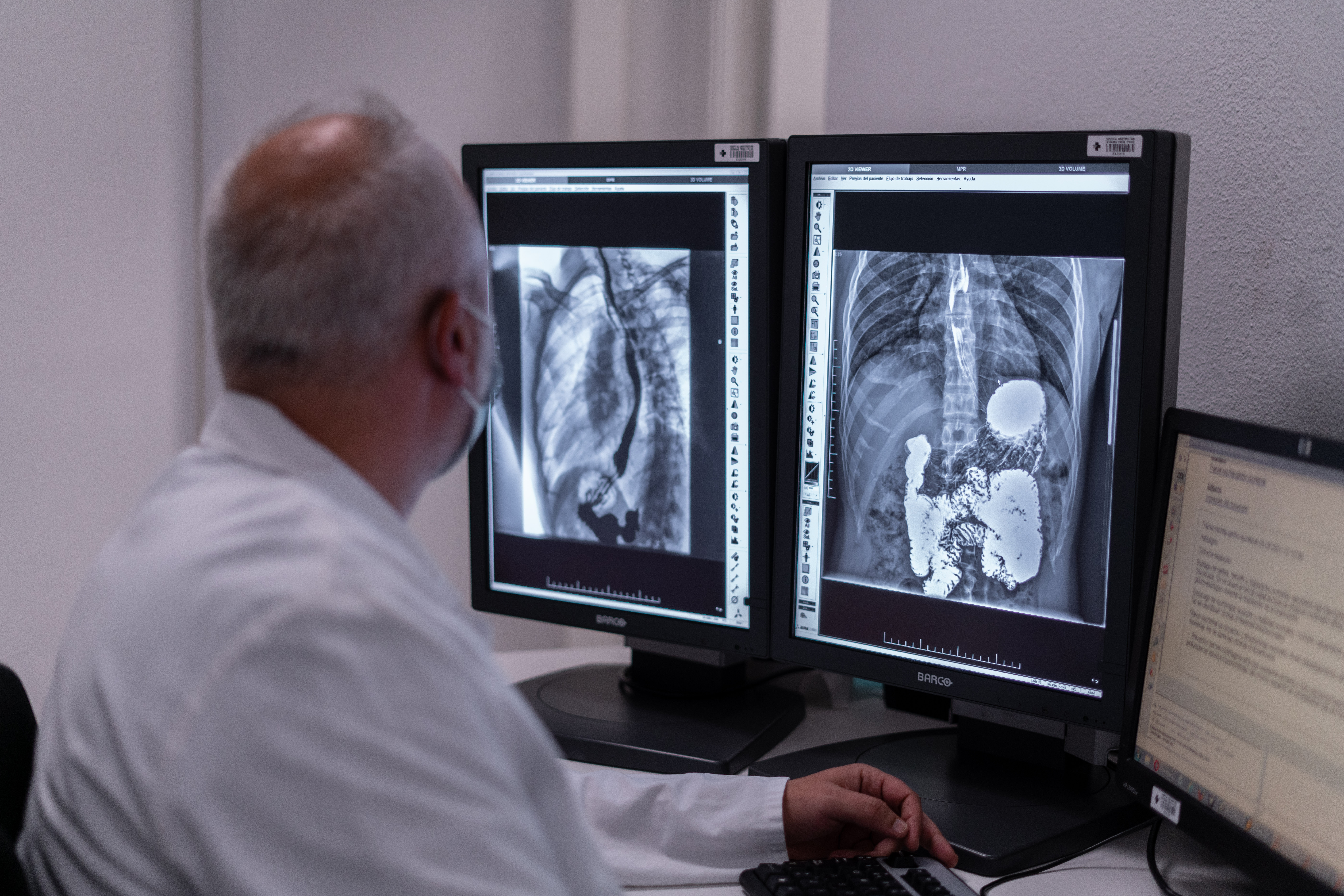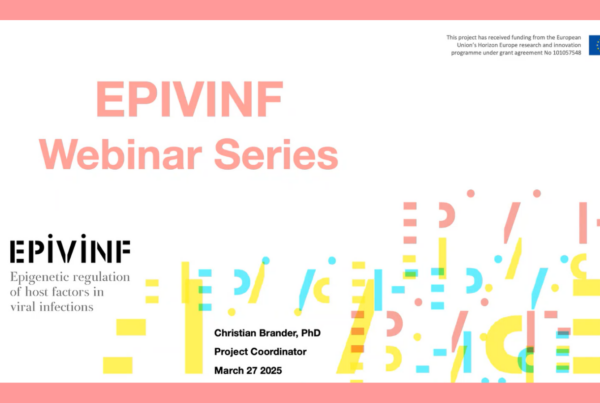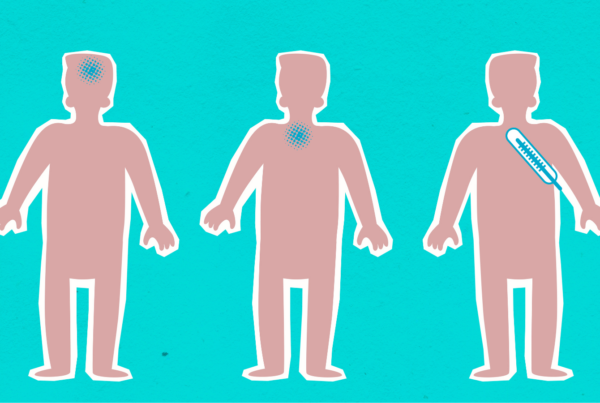
The in-depth analysis of a cohort of patients unravels the neuronal mysteries behind post-COVID symptoms
In a recent study by researchers from IrsiCaixa involved in the European EPIVINF project and the Fight Against Infections Foundation have uncovered potential explanations for the persistent neurological symptoms experienced by a subset of individuals who suffer from Long COVID-19. Led by Dr. Gemma Lladós and Dr. Lourdes Mateu, the study focused on a cohort of people with post-COVID-19 condition and indicates that vagus nerve dysfunction could be a key factor contributing to a range of debilitating symptoms.
The post–COVID-19 condition, which affects an estimated 5%–10% of people who have become infected with SARS-CoV-2 (i.e. the Covid-19 virus), is characterized by a variety of symptoms such as dysphonia, dysphagia, dyspnea, dizziness, tachycardia, orthostatic hypotension, gastrointestinal disturbances, and neurocognitive complaints.
The researchers performed a cross-sectional study involving 30 participants with post-COVID-19 neurological symptoms. These individuals were compared with 14 people who had fully recovered from acute COVID-19 and 16 individuals who had never been infected. The evaluation included an assessment of the structure and function of the vagus nerve and respiratory muscles.
The results of the study revealed significant differences between the three groups. Participants with PCC exhibited thickening and hyperechogenicity of the vagus nerve in neck ultrasounds, reduced esophageal-gastric-intestinal peristalsis, gastroesophageal reflux, and hiatal hernia compared to the control groups. Additionally, they showed flattening of hemidiaphragms and reductions in maximum inspiratory pressure, indicating respiratory muscle weakness, which suggests involvement of the phrenic nerve.
The findings of the study suggest that dysfunction of both, the vagus and phrenic nerves may play a crucial role in the complex pathophysiology of post-COVID-19 condition. This revelation sheds light on the underlying mechanisms behind the persistent symptoms experienced by some individuals post-recovery from COVID-19.
While further research is needed to fully understand the mechanisms linking vagus nerve dysfunction to post-COVID-19 condition, this study represents a significant step forward in unraveling the complexities of post-COVID symptoms. Understanding the underlying neural mechanisms involved in the disease could pave the way for more effective treatments and interventions for those affected by this condition.






